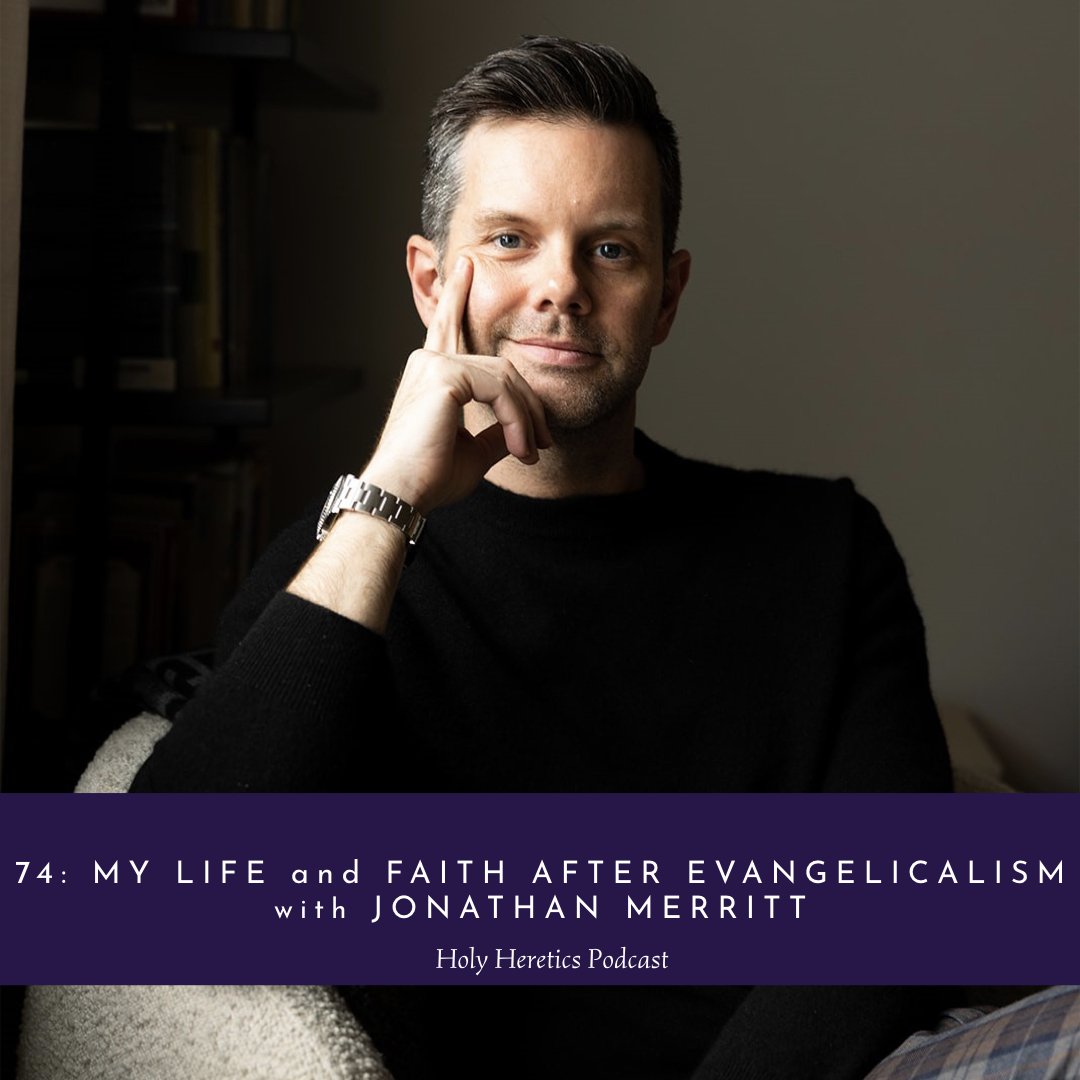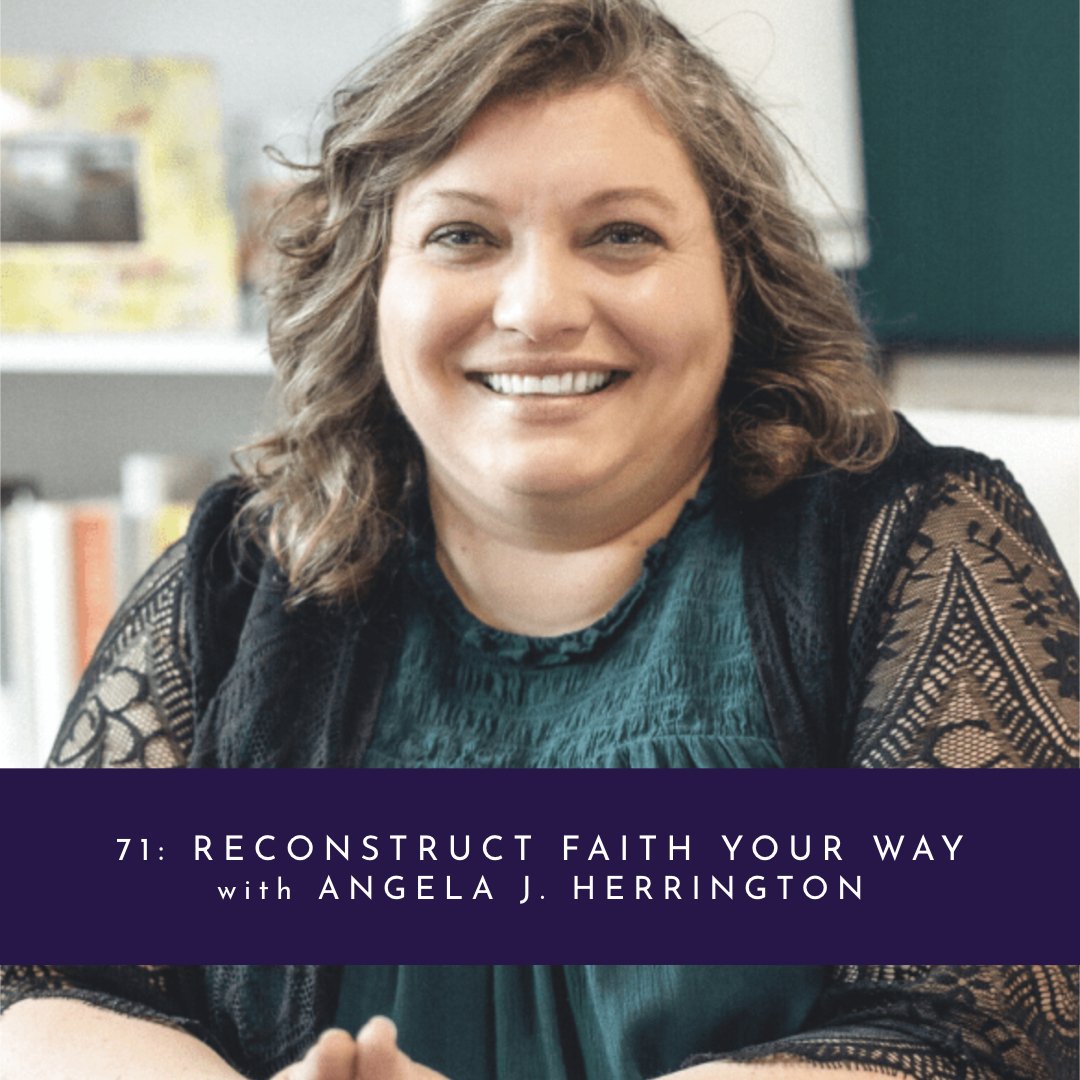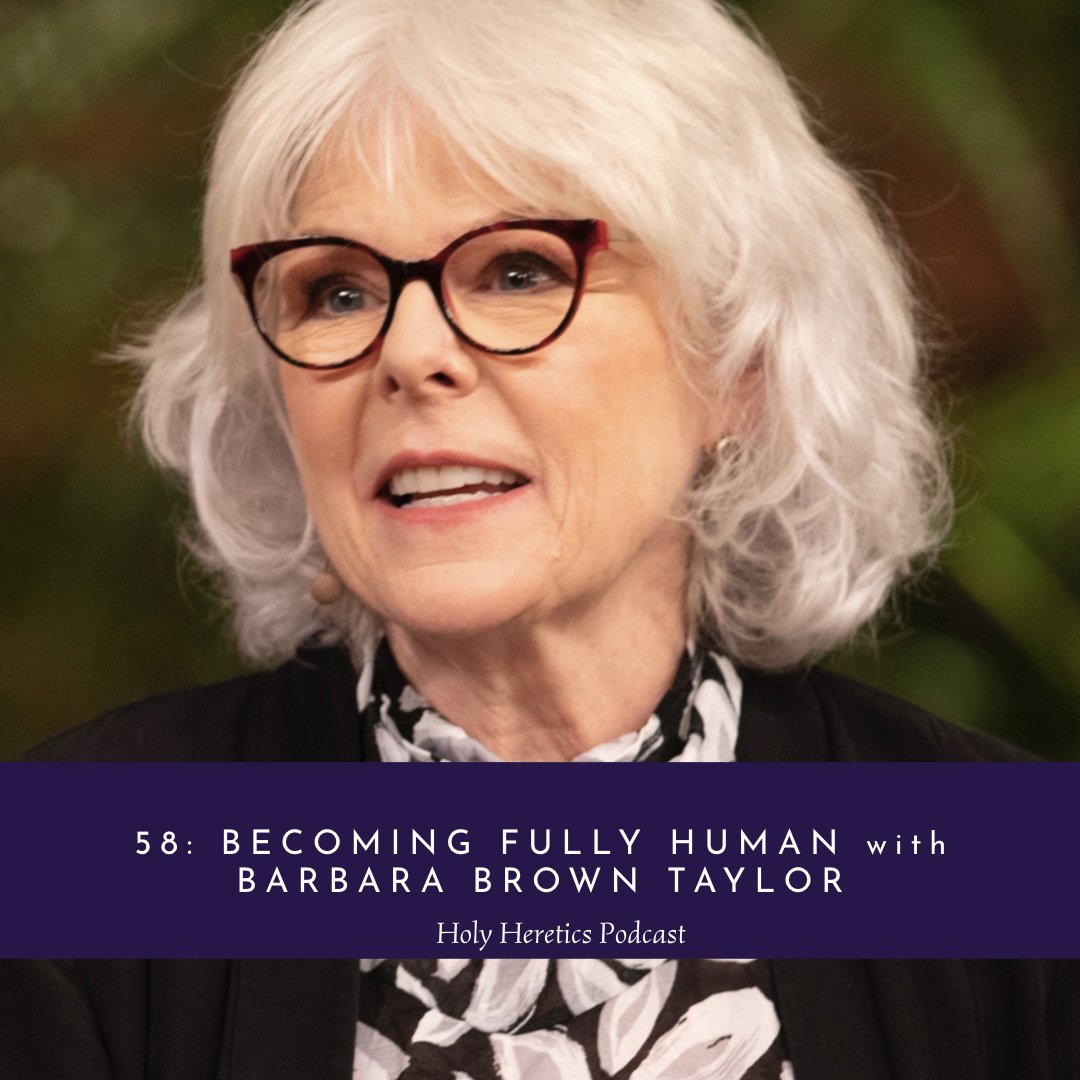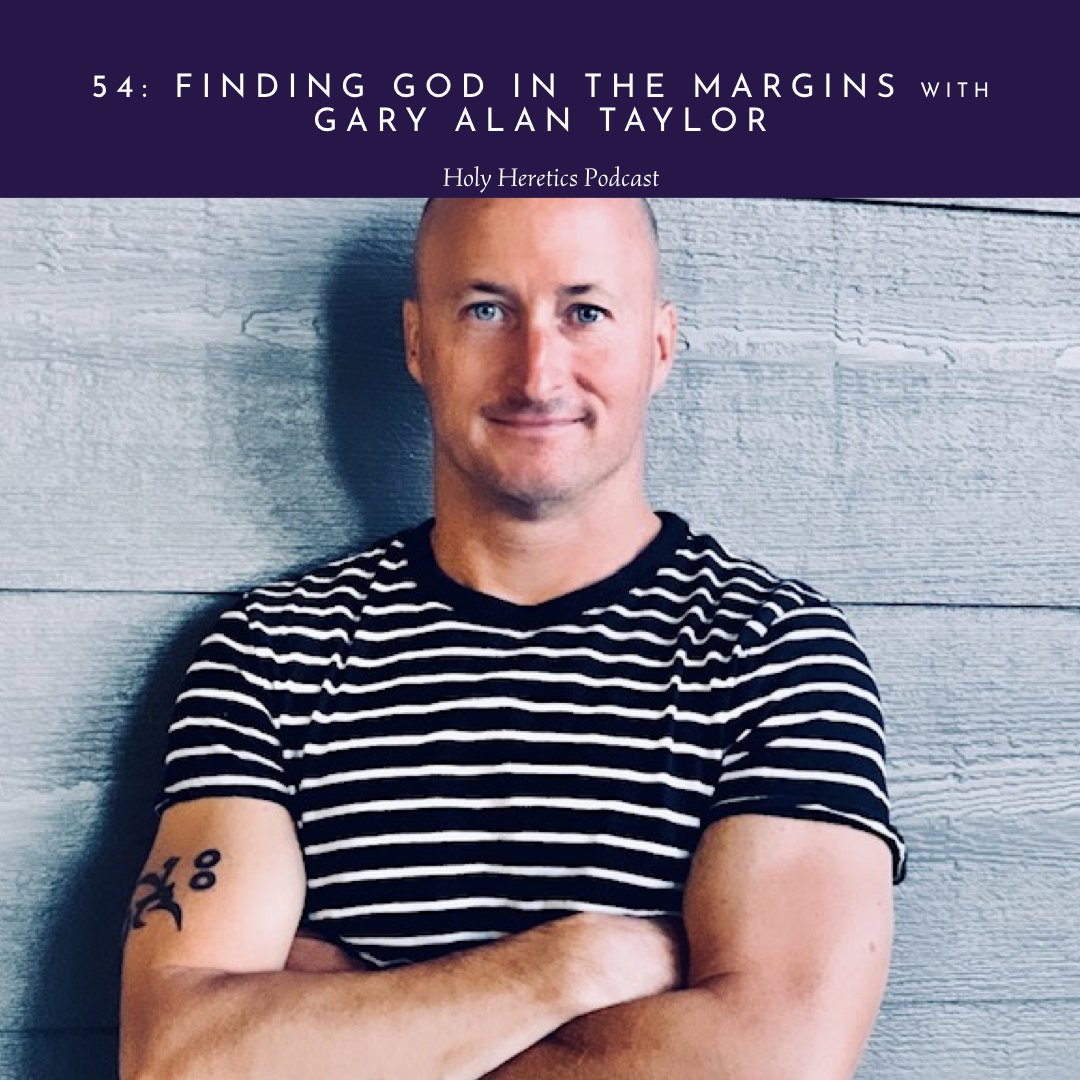Getting Stuck in the Rage Stage of Faith Deconstruction
Unlike a spiritual pilgrimage, faith deconstruction does not have a final destination. Instead of a journey toward a pre-ordained place, it feels a lot like getting lost. I am five years down the road and every step leads me away from the known and into the unknown.
Resting along the way, I can now look back at how far I’ve come. My unexpected journey began by being kicked out of the nest, released from my evangelical job and community for daring to question patriarchy, purity culture, and the evangelical fetish for political power. From there, I walked through the stages of deconstruction—enlightenment, liberation, bewilderment, anger, disorientation, hopelessness, wonder, self-awareness, and ultimately, compassionate acceptance. But to be completely honest, I got stuck in the rage stage of deconstruction.
My wounds were so deep that I fumed against the evangelical machine for years. I got off putting conservative Christians in their place—mocking Mark Driscoll for his misogyny, attacking my family for their support of Donald Trump, intellectually destroying fundamentalist gatekeepers like Alisa Childers, and purposefully alienating myself from anyone that had anything to do with conservative Christianity. I found myself trapped in what Ken Wilbur describes as the “mean green” stage of human consciousness. Taken from the sixth level of spiral dynamics, the dark side of enlightenment is arrogance and contempt. At this stage, “we have just enough awareness to reject everybody below us as naïve, and at the same time, we can’t imagine anyone being smarter than we are,” warns Father Richard Rohr. At this level of spiritual development, the most difficult people to love are the folks you left behind.
I’m going to guess that a lot of us get stuck in the rage stage of faith deconstruction. It is a trauma response. Without recognizing it, we are grieving the loss of our former faith, friends, and family. The anger masks the overwhelming and often debilitating feeling of loss. But something else happens at this stage. You often unintentionally hurt the very people you need the most. Let me explain.
I spent last week in Kentucky with three of my closest friends. We’ve known each other longer than we’ve known our wives. We met in college and have remained close for almost thirty years. All of us grew up in evangelical homes, attended evangelical schools, and married evangelical spouses. But unlike me, they still inhabit the evangelical subculture I’ve spent the better part of the last five years burning to the ground. To their credit, and though they don’t fully comprehend my journey, they still accept me as their ride or die.
Which is why, two days into our trip, I told them I had something important to discuss. I’m sure they expected another rant about my journey out of the community they still call home. Instead, I asked them for forgiveness. I told them how sorry I am for shitting on everything they hold dear, for turning my spiritual journey into a vendetta against everything evangelical, and for making it fiercely personal. Unsurprisingly, they forgave me.
I still vehemently disagree with the theological, social, political, gendered, and sexual stances of evangelicalism, and I will never apologize for calling this harmful movement into question. But I can do all that with compassion, without othering, and with the humble recognition that I too, don’t have it all figured out. At that moment, in the back of my buddy’s pickup truck, I had an epiphany. It has not been easy being on the other side of me over the last five years.
I don’t know who is on the other side of you during your faith deconstruction journey, but I promise you it hasn’t been easy for them either. If they really love you, they are probably worried about you, curious about this drastic turn of events, and wondering just what in the hell is going on inside your mind and heart. Choose to respond to their questions and concerns with compassionate neutrality, remembering that it isn’t easy being on the other side of someone who is dismantling everything they hold dear.
I think I am entering the self-awareness stage of my faith deconstruction, going inside to truly and finally know myself. Buddhist spiritual director Pema Chodron writes, “It’s been said that studying ourselves provides all the books we need.” Part of that cognizance recognizes my footprint on other people. I want to walk gently, not violently. I don’t need more enemies, I need friends who are willing to love me no matter where I end up. Likewise, I need to love my friends and family no matter where they remain.
What is it like to be on the other side of you?* How might you journey gently through the stages of faith deconstruction, recognizing the wake you leave behind?
Amen.
Gary Alan Taylor
*I would like to thank my friend Beth Houser White for introducing me to this thoughtful question. She posed it on social last week and I’ve been processing it ever since. Thanks my friend!
P.S. Can I ask for your help? If you haven’t joined us yet on Substack (www.holyheretics.substack.com), will you sign up today? For the cost of one trip to Starbucks a month, you can support my work, help cover the costs to produce our podcast, and get premium content to further your journey of discovery. It is getting more difficult to cover the out-of-pocket expenses associated with our community, and your financial partnership can ensure we continue having these conversations in the months and years to come. Thank you for considering your part in keeping these Sacred conversations alive.





For ten years running, Dr. Rupert Sheldrake has been recognized as one of the most spiritually influential living people in the world. Sheldrake’s research provides a link between science and spirituality, and in particular, the proven benefits of the spiritual life on one’s well-being, mental health, and life expectancy. Spiritual people live longer, are healthier, and happier.